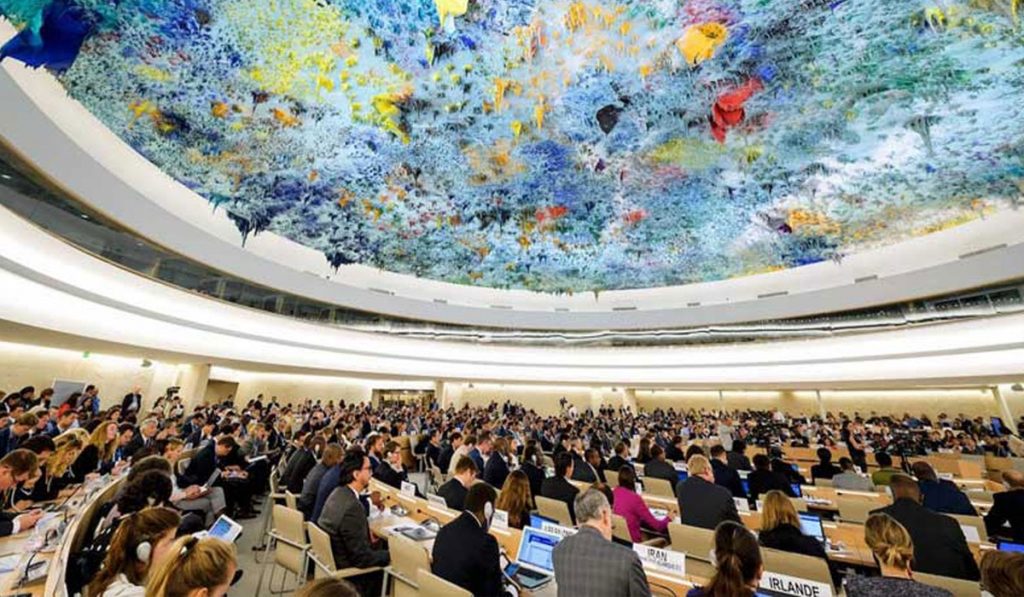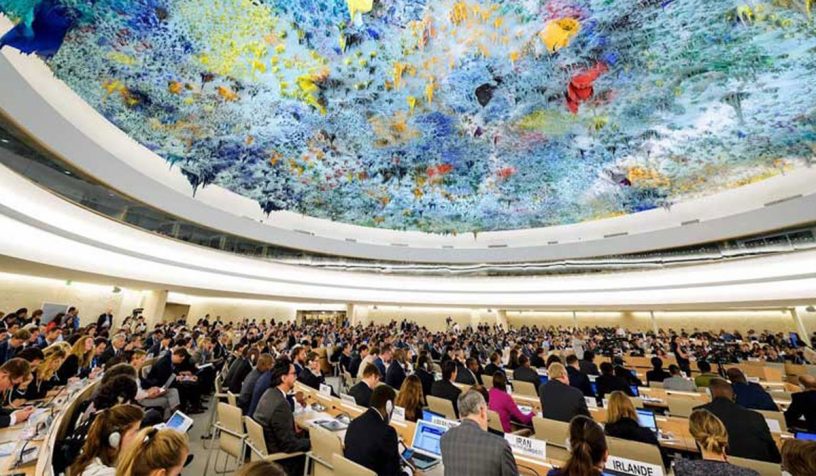
The fact that human rights will enjoy certain specificity in South Asia does not mean less for the universality of human rights, says the author.
Author
Abhinav Mehrotra, Lecturer, Jindal Global Law School, O. P. Jindal Global University, Sonipat, Haryana, India.
Summary
Long debates have evolved since the 1948 UDHR as to whether human rights should always be perceived as universal, or whether they need to be regarded as contextual on regional and local cultures. If we look at Art. 2 of the UDHR the rights apply “with no distinction given to their race, colour, sex, language, religion, political or other opinion, national or social origin, property, birth or other status”. Still in spite of this, the universality has been criticized by some, who argue that by claiming human rights are universal, we ignore and undermine the cultural differences that exist between societies in different parts of the world.
Historically, the first written evidence of human rights was found in the famous universal declaration in 1215 A.D., popularly known as the ‘Magna Carta’. Along with the same, there were many thinkers like Hobbes, Locke Rousseau, Milton, and Voltaire who argued in favour of individual rights and with passage of time and the conclusion of two world wars, the United Nations Organisation came into being on 24th October 1945 that replaced the League of Nations.
Further, the Universal Declaration of Human Rights that was established in 1948 and is considered a milestone in the field of human rights whose primary aim is to protect and promote human rights. In contrast to the said aim, the critics of the UDHR label it as a Western-biased document that fails to account for the cultural norms and values which exist in the rest of the world. It is only with regard to a group of certain core rights like that are listed in the human rights treaties as ‘non-derogable rights’ or considered jus cogens such as the prohibition of the use of force, the law of genocide, the principle of racial non- discrimination, crimes against humanity, and the rules prohibiting trade in slaves and piracy that consensus among nations exist.
Published in: Modern Diplomacy
To read the full article, please click here.


